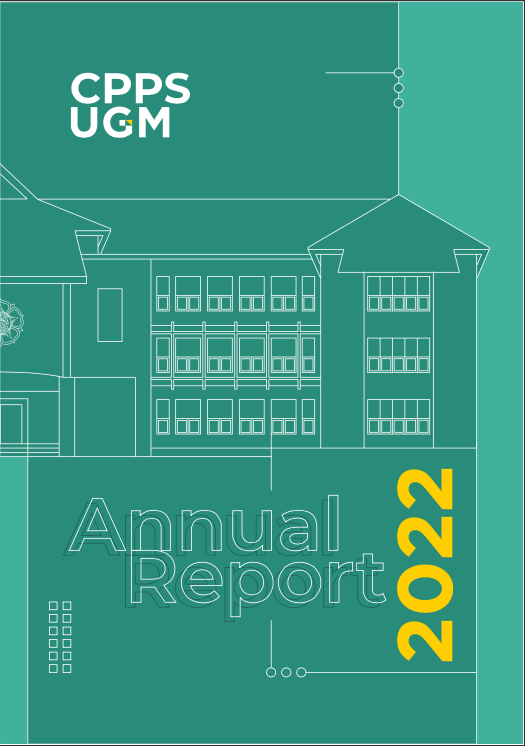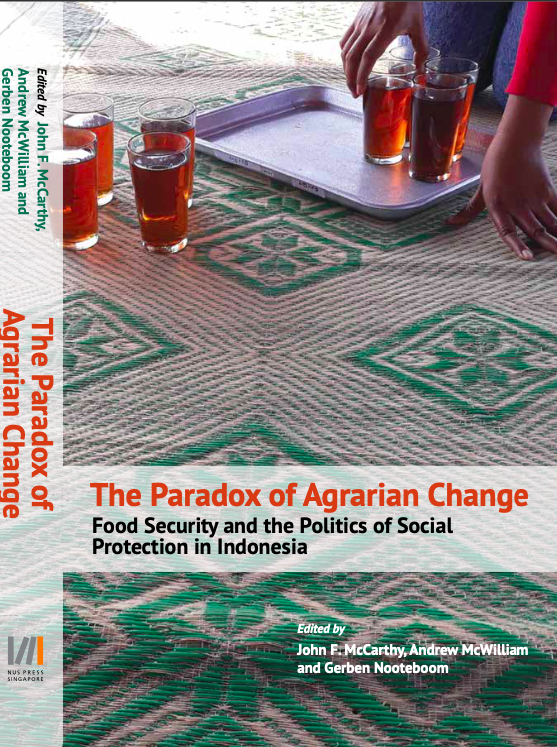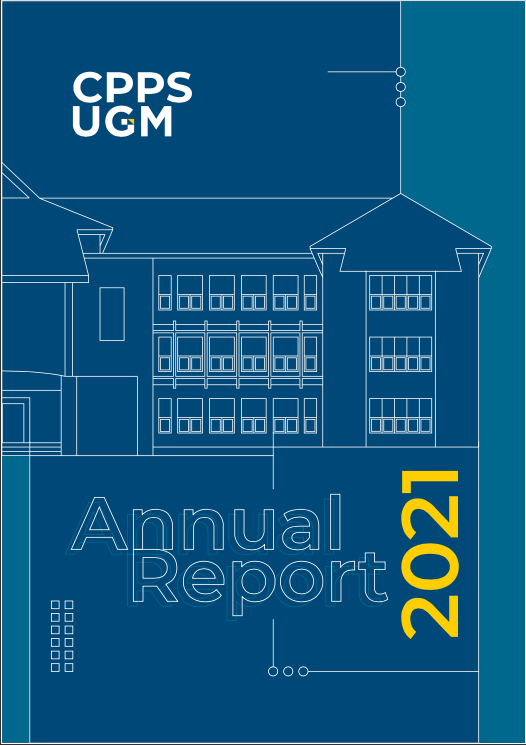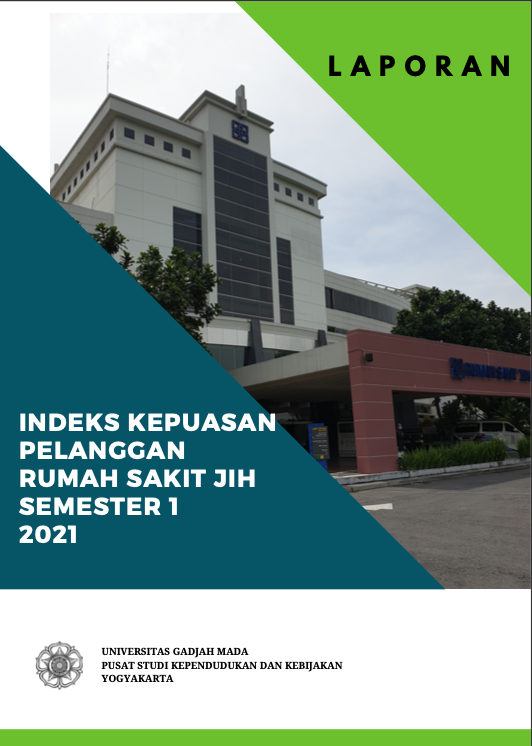Populasi Volume 14 Nomor 2 Tahun 2003
|
Kebijakan Perencanaan Tata Ruang dan Pemberdayaan Potensi Daerah di Indonesia
T. Yoyok Wahyu Subroto
The massive spatial expansion of the city into the fringe area has caused many problems mainly related to the spatial exploitation in both city and villages surrounding. The problem is also caused by the city development which its pace cannot compete with the population growth. The aim of this study is to formulate the policy planning of spatial arrangement for the region potential empowerment. The spatial planning itself is directed to control and support in formulating spatial policy that should be efficient, effective and proportional. The descriptive method with field observation approach and literature survey is used to obtain the data. The result of the study pointed that the empowerment of the region power have to be supported by the spatial planning policy formulation which means that (1) spatial arrangement must put human and space in holistic point of view and bonding the social values together;(2) the urban-rural linkages concept must put in a priority for formulating the internal spatial structure of regional planning and to empower villages as growth poles;(3) the spatial planning process has to be able to gain the best possibility of spatial arrangement where the pattern and distribution of space can ensure the existence of the city and village; (4) spatial planning have to accommodate spatial structure;(5) the application of spatial planning have to be based on self-contained power of the region which put the bottom-up concept in a priority; (6) the spatial planning product have to be directed to the solid effort for future spatial usage.
Kendala dan Prospek Demokratisasi Desa Pada Era Otonomi Daerah
M. Syahbudin Latief
Village democratization has emerged in Indonesia in line with the implementation of regional autonomy policy. In fact, village democratization is facing some constraints. One of the serious problems is the blank of political education or civic education as an impact of floating mass policy in rural area, during the New Order era. Besides that, the state apparatus seem not too serious to encourage village democratization; from the beginning the policy has been declared. The socialization process in rural area is very weak. At the implementation stages, formulation of the regional regulation is very rigid. It seems that the state apparatus feel more comprehend about the custom and interest of village people, than the villagers themselves. In this case, the state apparatus seems too arrogant. Basically, the prospect of village democratization is in the village people hand. The support and encouragement from the pro-democratic society, intellectuals, academicians, researchers, journalists, NGOs activist, mass organizations, executive and legislative can however, accelerate the practice of village democratization.
Privatisasi Sistem Pelayanan Kesehatan dan Implikasinya Bagi Perumusan Agenda Penelitian dan Kebijakan Publik
Nasikun
In the face of the increasing potential of negative first generation impacts of medical industrialization and the privatization of health services in an era of globalization (i.e., increased incidence of infectious diseases and malnutrition among the poorest poor of Indonesian population), the author of this article proposes the imperative of finding a middle-way policy solution to integrate the public and private systems of health services to guarantee the provision of high quality services and the availability of accessible health services for the poor. After presenting a short discussion of the weaknesses of the public health system, he discusses the issue of medical industrialization and the privatization of health service institutions, and ends up with the presentation of five possible alternatif of health service systems at the PUSKESMAS level.
Privatisasi Penyaluran Tenaga Kerja Indonesia: Masihkah Bermanfaat?
Samodra Wibawa, Dewi Sekar Tanjung, and Ahmad Iqbal
The management of migrant workers was privatized in 1983, ostensibly because the private sector was thought to be more resilient to do the job. Consequently, there was a drastic increase in the number of migrant labor sent abroad, which was not short of mishaps, among which were: abandonment of migrant workers, cheating, holdups, sexual harassment and death. In the backdrop of such effects various suggestions on how to foster improvements, which should include among others: contracts between the workers and firms, and the provision of insurance to the migrant workers. In addition, job seekers must be given detailed information on their rights and responsibilities and the merits and demerits of working in a certain country, and the government must make agreements with countries that are the destinations of the workers. The Ministry for labor and transmigration perhaps should increase the size of its bureaucracy to take up the roles that will be relinquished by the private sector. It is no longer debatable that government officials have shown over the last few years that they can live to the spirit and latter of the entrepreneur, far beyond the achievements of the private sector.
——————————
Cara Berlangganan
1. Mengisi formulir berlangganan
2. Transfer biaya langganan melalui rekening Bank Niaga Cabang Soedirman Yogyakarta, No. Rek. 018-01-1412-00-3, atas nama YP3K UGM
- Harga eceran: Rp 15.000,00 / eks
- Langganan P. Jawa: Rp 40.000,00 / tahun (sudah termasuk ongkos kirim)
- Langganan Luar P. Jawa: Rp 50.000,00 / tahun (sudah termasuk ongkos kirim)
3. Fax formulir berlangganan dan bukti transfer ke 0274 – 556563 atau 582230
Petunjuk Bagi Penulis
Redaksi menerima kiriman artikel dengan ketentuan sebagai berikut:
1. Artikel belum pernah dipublikasikan oleh media cetak lainnya.
2. Artikel dapat berupa hasil penelitian (lapangan, laboratorium, kepustakaan), gagasan konseptual kajian, dan aplikasi teori, serta ulasan buku.
3. Naskah ditulis dalam bahasa Indonesia atau bahasa Inggris, diketik spasi 1,5 pada kertas ukuran kuarto atau A4, jumlah halaman antara 25 sampai dengan 30 halaman, termasuk daftar pustaka, tabel, dan gambar/peta.
4. Artikel ditulis dalam bentuk esai dan berisi:
- Abstrak (50-75 kata) dengan bahasa yang tidak sama dengan bahasa artikelnya,
- kata-kata kunci (2-4 kata),
- identitas penulis (CV ringkas),
- pengantar/pendahuluan (tanpa sub-bab) memuat latar belakang masalah, sedikit tinjauan pustaka, masalah atau tujuan, dan kerangka pemikiran teoritis. Pembahasan disajikan dalam sub-bab-sub-bab,
- kesimpulan/penutup,
- daftar rujukan / pustaka yang diacu harus pakai dan masuk dalam artikel.
5. Daftar pustaka ditulis dengan tata cara mengurutkan secara alfabetis dan kronologis, sebagai berikut:
- Buku: nama penulis, tahun penerbitan, nama buku (dimiringkan), kota penerbitan, dan nama penerbit
- Salah satu bab/bagian dalam buku: nama penulis, tahun penerbitan, judul bab/bagian (ditulis dalam tanda petik), dalam nama buku (dimiringkan), nama penulis buku, kota penerbitan, nama penerbit, halaman … hingga …
- Jurnal/majalah: nama penulis, tahun penerbitan, judul artikel/jurnal/, volume … nomor … halaman … hingga …
6. Naskah dikirim sebanyak dua eksemplar disertai file artikel (CD) dengan menggunakan pengolah kata (Microsoft Word) ke Redaksi Populasi, Pusat Studi Kependudukan dan Kebijakan UGM, Bulaksumur G-7, Yogyakarta 55281. Dapat pula dikirim melalui email populasi@cpps.or.id
7. Kepastian pemuatan atau penolakan naskah dikirim secara tertulis. Artikel yang tidak dimuat tidak akan dikembalikan, kecuali atas permintaan penulis.





